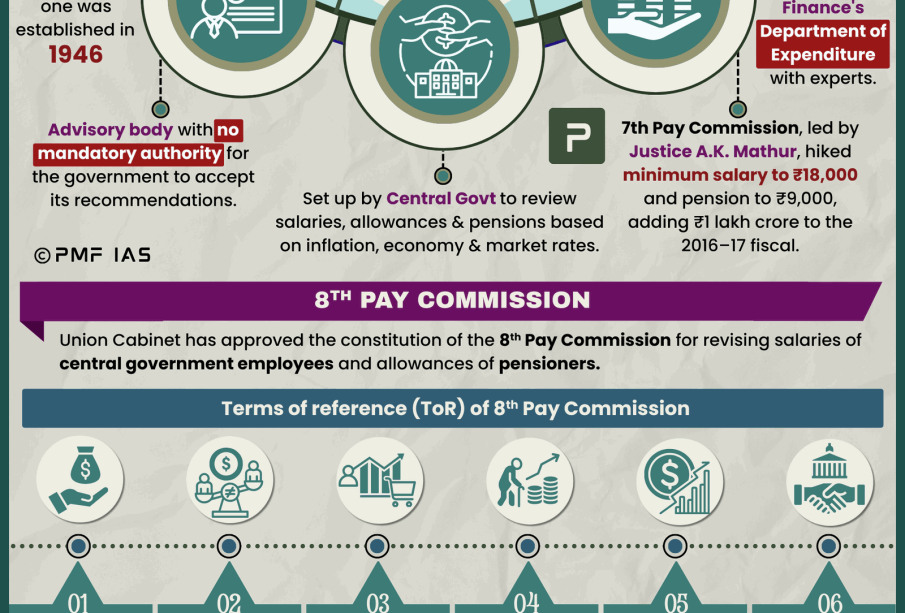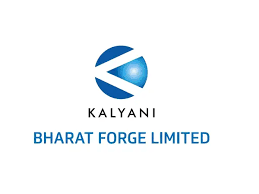8th Pay Commission for Government Employees: What to Expect

Introduction
The 8th Pay Commission is a topic of significant importance for millions of government employees in India. It has the potential to reshape salary structures, allowances, and overall compensation packages, directly impacting the livelihood of a vast workforce. As discussions gain momentum, understanding the implications of this commission is essential for both employees and policymakers.
Current Developments
Recent reports indicate that the government is in the final stages of formulating guidelines for the 8th Pay Commission, which is expected to be implemented by 2024. The previous Pay Commissions have progressively increased salaries and revised allowances based on cost of living adjustments and economic factors. The 7th Pay Commission, which was implemented in 2016, brought substantial changes, including a raise in minimum pay and modifications to retirement benefits. Now, the anticipation of the 8th Commission brings further expectations of similar, if not greater, enhancements.
The government is likely to consider inflation rates and the increasing cost of living while determining new pay structures. According to the Consumer Price Index (CPI), inflation has risen substantially over the last few years, leading to demands for a review of salary scales. Unions representing government employees have been vocal about their support for timely implementation and have requested comprehensive studies to be conducted on the financial demands of public service roles.
Economic Implications
The implementation of the 8th Pay Commission is expected to have significant economic implications. An increase in salaries could enhance the purchasing power of government employees, stimulating economic growth through increased consumer spending. However, it also raises concerns regarding the fiscal burden on the government, especially with regards to salary revisions and pension liabilities. Analysts suggest that balancing employee demands while maintaining economic stability will be a challenging task for policymakers.
Conclusion
As the discussions surrounding the 8th Pay Commission progress, it is crucial for government employees to stay informed about potential changes that could affect their financial well-being. The Commission aims to strike a balance between fair compensation and economic viability, and the outcomes may indeed set a precedent for future policy reforms in public sector employment. Unions, employees, and policymakers must engage in constructive dialogue to ensure a fair evaluation process that reflects the needs and challenges faced by government employees today.









